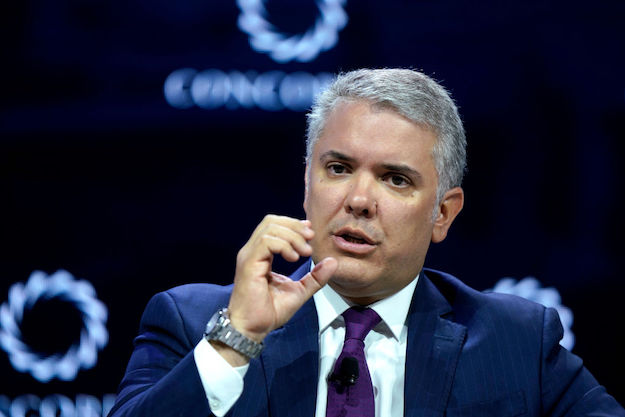Nearly two years later, a new video and WikiLeaks cable are again calling into question the circumstances around the death of Eduardo Rózsa. The Bolivian citizen of Hungarian descent, along with four others, was killed during an April 2009 raid by Bolivian counterterrorist forces in Santa Cruz for their alleged involvement in a terrorist group intent on assassinating President Evo Morales.
Now, a private, La Paz-based television channel has broadcast a video showing Bolivian police officers allegedly bribing the prosecution’s key witness, Ignacio Villa Vargas. According to the video, in exchange for cash, Villa Vargas accused political and business leaders from Santa Cruz of meeting Rózsa to conspire against Morales. In response, many Santa Cruz leaders were either arrested or fled the country to Brazil, Paraguay or the United States.
But the raid against Rózsa and the others had been plagued with other flaws. For one, as mandated by Bolivian law, the police did not possess a search warrant or initiate the raid accompanied by a public prosecutor. This meant that any information found could not be used as evidence. Further, since the group was supposedly infiltrated by counterterrorism officers, it is questionable how they could have detonated a bomb in the house of Cardinal Julio Terrazas the evening before the raid without prior police knowledge.
Until the murder of Rózsa and others, Santa Cruz was leading the four Media Luna departments—Santa Cruz, Tarija, Beni, and Pando—in opposition to the president’s policies and had called referendums to declare autonomy. This was viewed as a direct assault on the central government’s authority, leading to social upheaval and eventual armed confrontation. In September 2008, for example, 13 deaths were attributed to pro- and anti-government clashes.
Since the Rózsa counterterrorism operation, the political opposition has seen its power weakened and its capacity to mobilize diminished. The opposition has also lost the economic support of local entrepreneurs out of fear that they too could directly or indirectly be tied to financing terrorist activities.
Additionally, new laws allow for the government to confiscate goods that belong to those accused of terrorism and to remove authorities who open judicial proceedings against the government. The national security threats of the Rózsa group provided the spark for this clampdown.
The result: Tarija is no longer controlled by the opposition and pro-government entities are trying to turn the tide in Beni and Santa Cruz as well. Rubén Costas, Santa Cruz’s governor, is currently facing five charges while his brother is accused of being Rózsa’s main financial backer.
But these new revelations may turn the case against the government. Now, relatives of those killed in April 2009 are asking for explanations and seeking to prosecute the Bolivian government.



